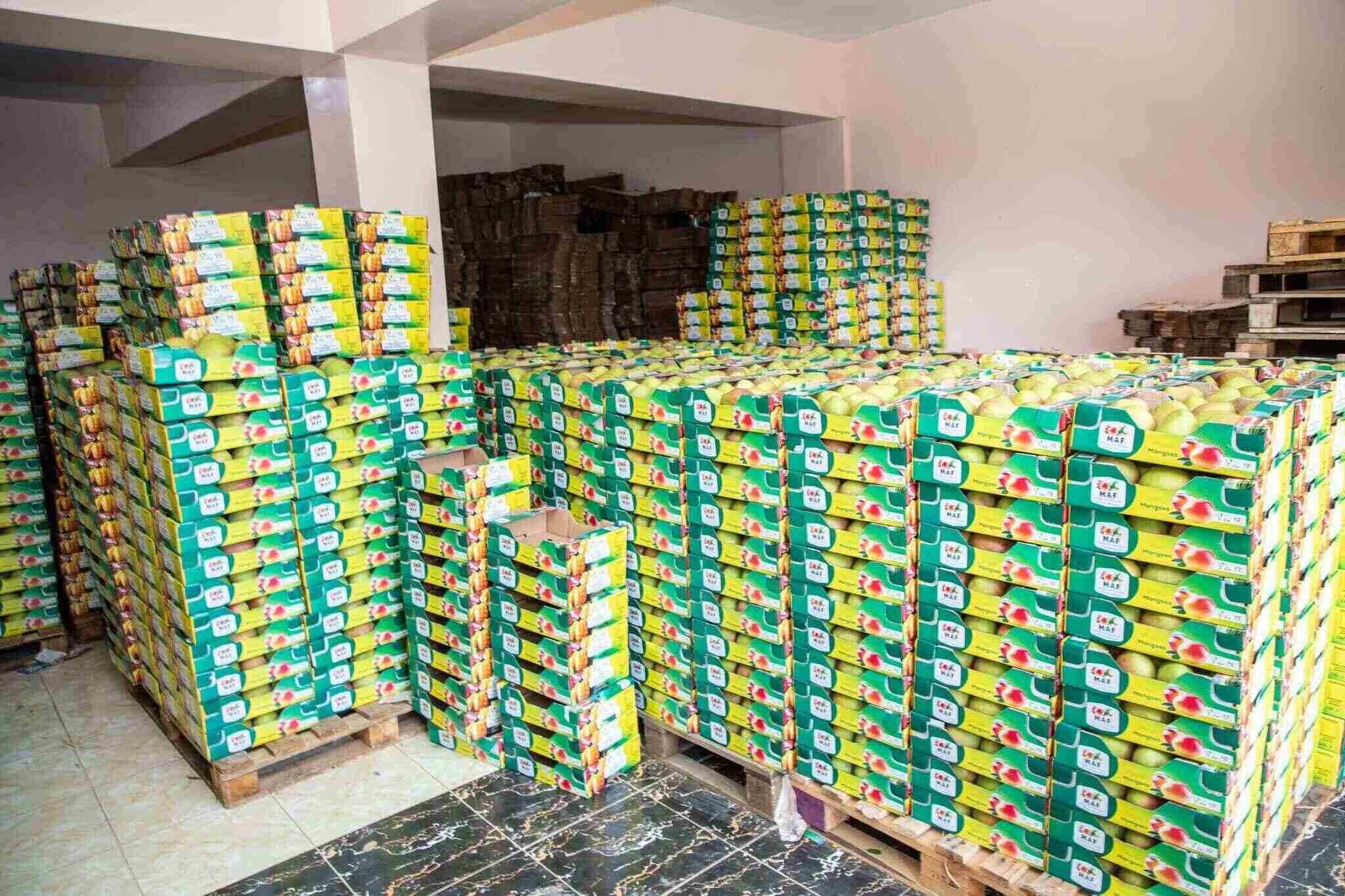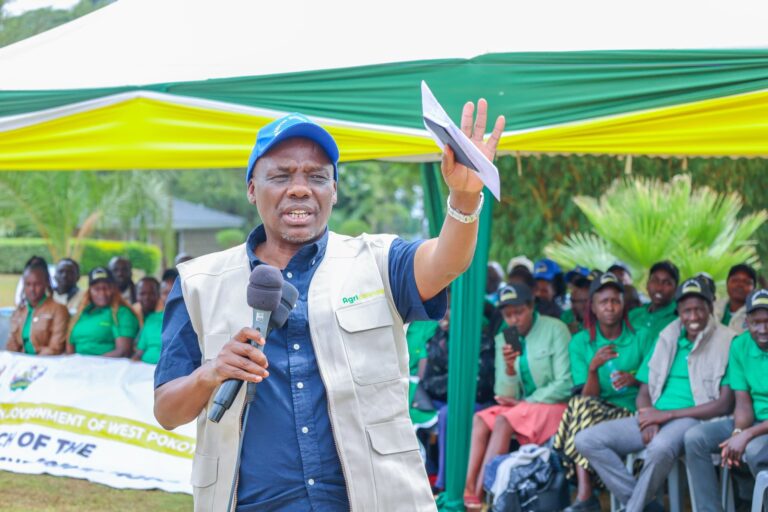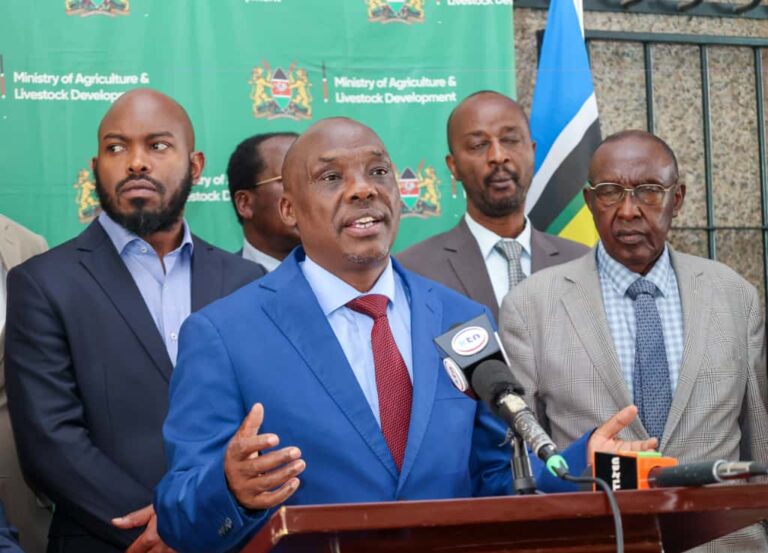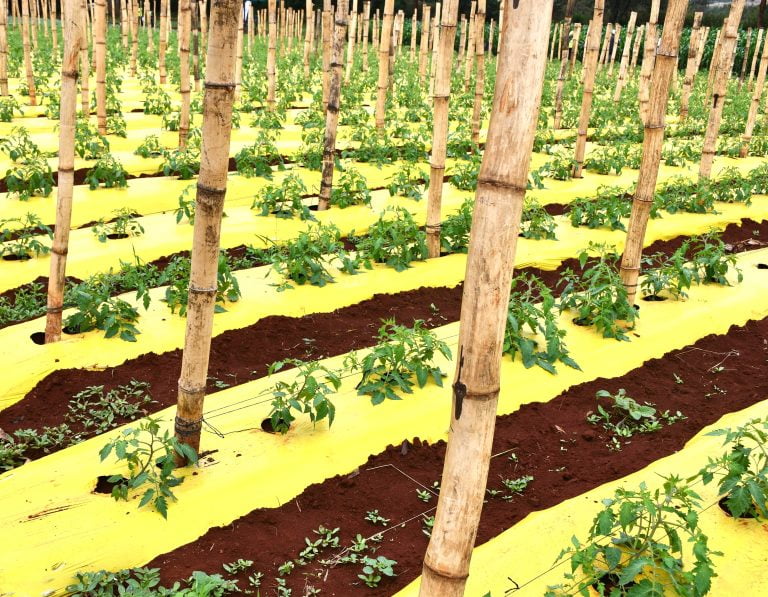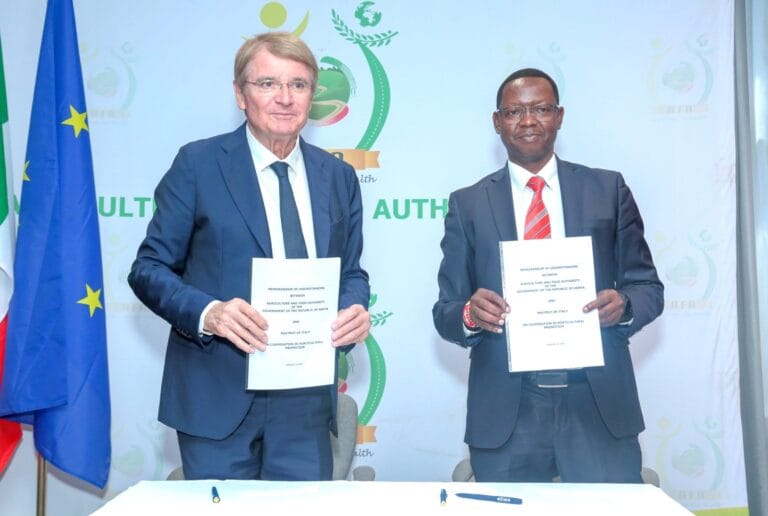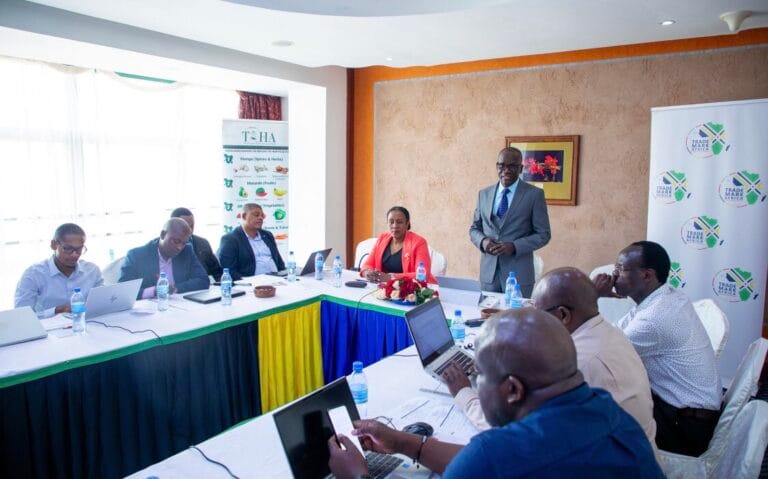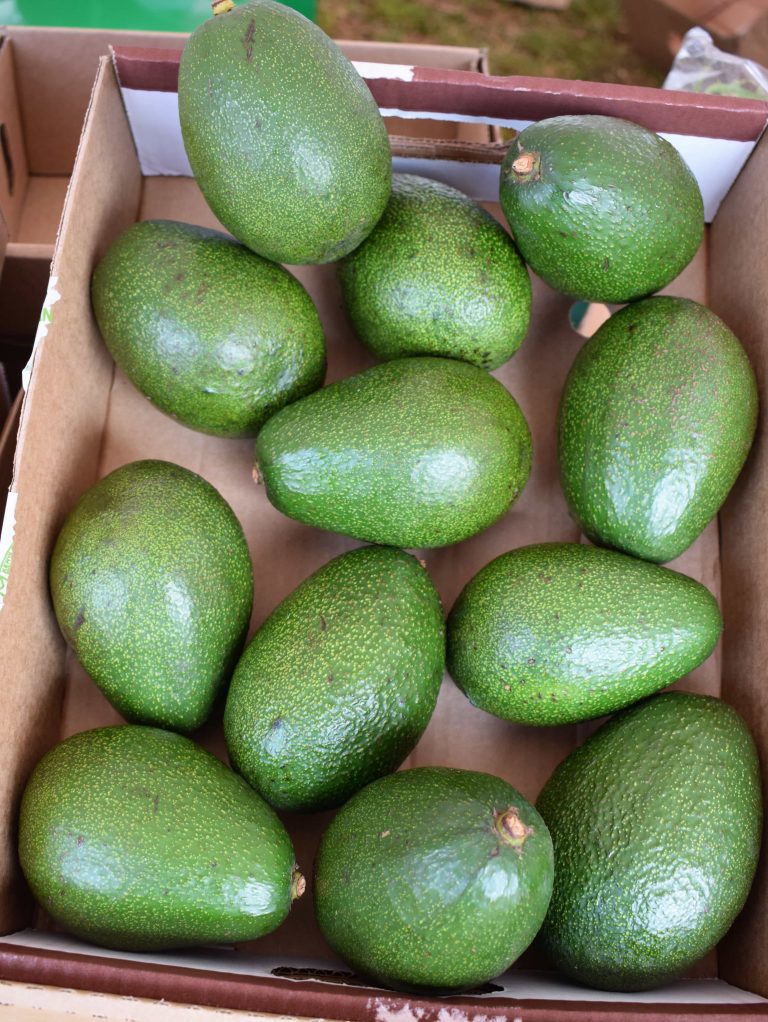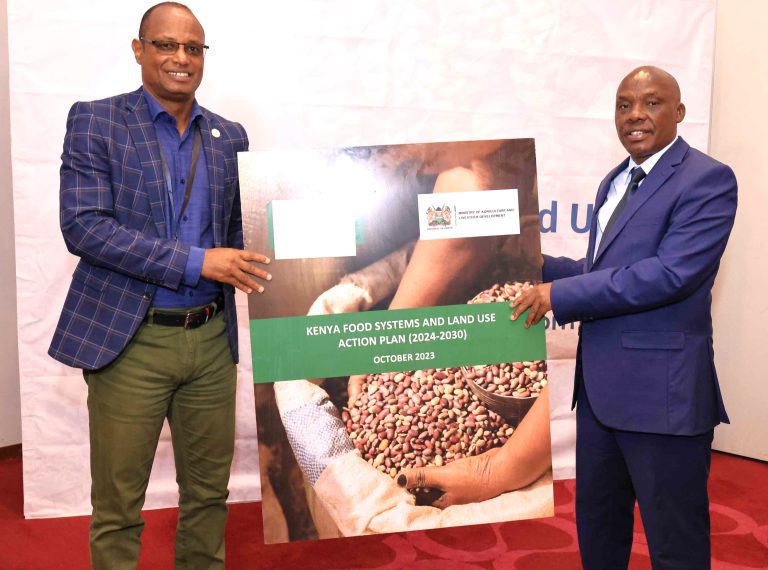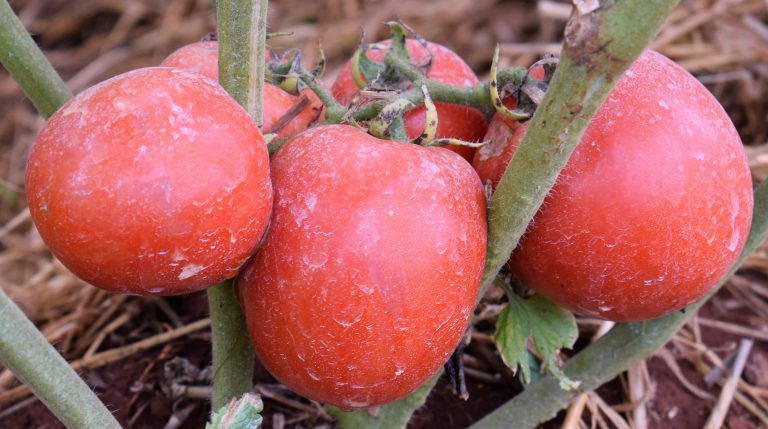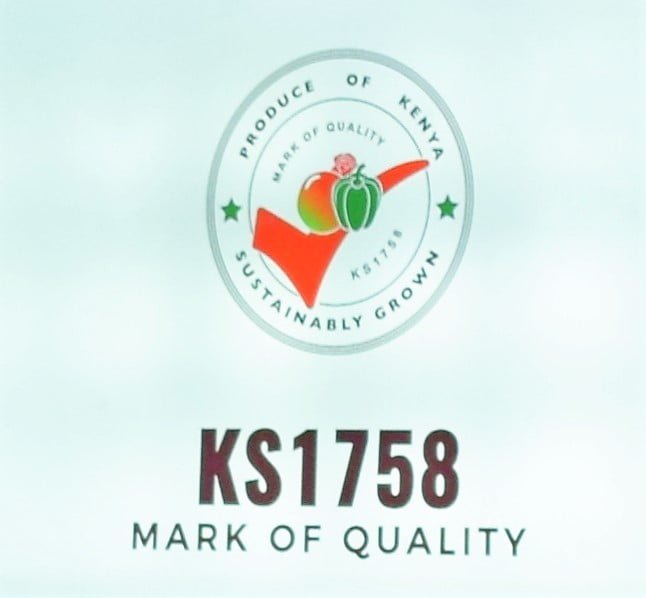By Kimuri Mwangi
The horticulture industry in Kenya is facing a reduction in the international market share attributed to various challenges among them high cost of production and logistical complexity. Stakeholders in the industry have raised a red flag, with the Government in agreement that the issues require an urgent and different solution from the norm.
According to Fresh Produce Exporters Association of Kenya (FPEAK) chief executive officer Hosea Machuki, Kenyan Fresh produce exporters and growers are facing stiff competition from their counterparts in other countries like Ethiopia, Tanzania, Uganda, Burundi and Rwanda. High freight costs are driving the European Union (EU) and other markets to produce from other countries as produce from the country gets more expensive as exporters must add the flight costs to their produce price coupled with the nightmare of logistical complications.
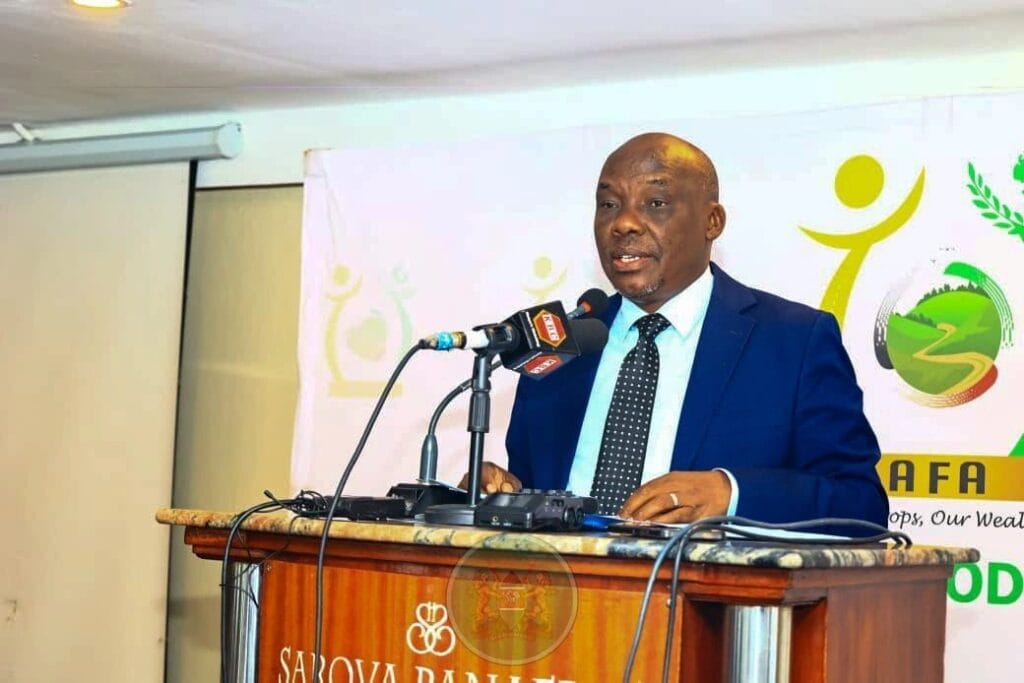
“For example, to lift a kilogramme of vegetables from Kenya to Europe through Amsterdam in the Netherlands costs between $3 and $5 compared to between $1.5 and $2 from other Eastern African region countries to Europe. This makes Kenya produce more expensive with international buyers preferring horticulture commodities from other regions,” opines Machuki.
According to Machuki, Kenya’s competitors are benefiting from incentives from their governments leading to a reduction in the cost of doing business hence offering more competitive prices to the buyers.
With the option of switching from transporting fresh produce by air to sea gaining momentum to counter the expensive rates exporters see an opportunity to remain relevant in the market. Industry players argued that there is an opportunity to transport fresh produce through. However, information from Government officials indicates that while initially it took 45 days to lift produce to Europe, the Red Sea crisis which arose on 19th October 2023, the period has increased to more than 45 days.
Kenya exports fresh produce to the European Union (EU) through the Netherlands, France, and Spain, with the UK and France being the main markets for vegetables. Kenya is also a major exporter of fruits, vegetables, and cut flowers. The Netherlands is a leading exporter of horticultural products including flowers, vegetables, and live plants in addition to being a major horticulture market in Europe.
Agriculture Principal Secretary Kipronoh Ronoh admitted that the industry is facing challenges saying the government is committed to be part of the solution. The sector he said earned the country foreign exchange earnings to the tune of Sh157 billion in 2023 through export of horticultural produce.
“The sector earned the country foreign exchange earnings of Ksh. 157 billion in 2023 through export of horticultural produce. The year 2024 was particularly a difficult year for the industry especially because of the Red Sea situation that compelled Kenyan horticulture exporters to ship produce to Europe via South Africa and West Africa, lengthening the transit period for highly perishable products. This situation spilled into creating pressure on airfreight and consequently making airfreight costly. The Ministry takes cognizance of the need to keep in step with the ever changing and emerging demands of agribusiness both locally and internationally,” said the PS.
He added that despite this growth in the past few years, there are still major challenges undermining the industry’s growth and sustainability. These include climate change and the need to mitigate high production costs, pests and diseases, market competition, stringent market requirements, among others. He concurred that, “In the face of stiff competition and a market that is very particular about product quality, we cannot afford to take much time in finding practical, effective and sustainable solutions to emerging issues – if we are to remain profitable and competitive.”
The PS made the remarks during the inauguration of a 12-member National Horticulture Standing Committee in Nairobi. The committee is charged with identifying emerging issues in the horticulture industry, developing and implementing strategies to address them, promote enhanced production and productivity of horticulture produce and develop and implement strategies of product development, market access and diversification.
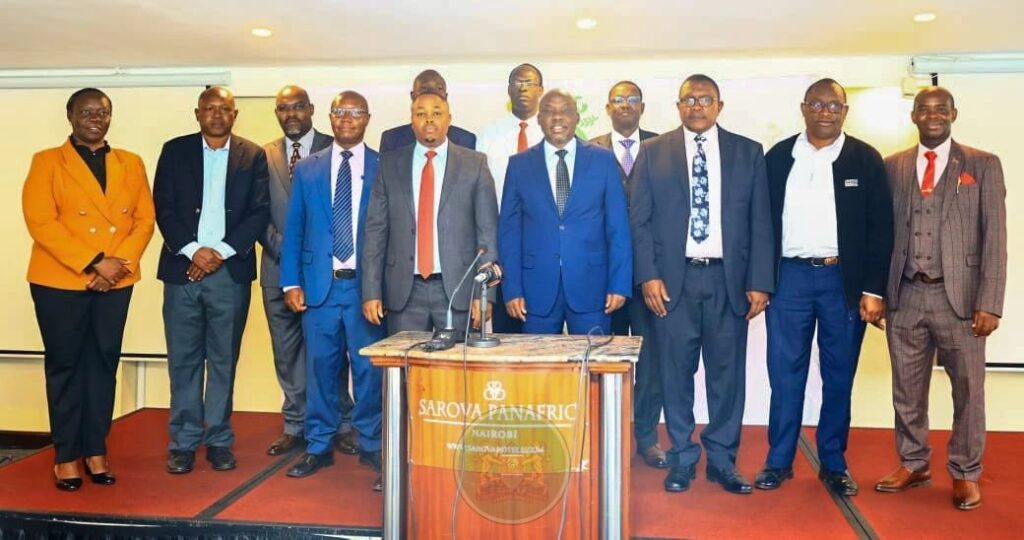
The committee under the Chairmanship of Agriculture Secretary Collins Marangu, is mandated to;
- Identify emerging issues in the horticulture industry, develop and implement strategies to address these issues.
- Promote enhanced production and productivity of horticulture produce.
- Promote research and development in horticulture value chains.
- Promote the adoption and transfer of Technology Innovations, and Management Practices (TIMPS)
- Develop and implement strategies that support compliance to market requirements. This should include the development, adoption and uptake of quality standards and certifications by the industry.
- Develop and implement strategies of Product development, Market access and diversification.
- Promote stakeholder capacity building on various aspects in the industry.
- Address cross cutting issues in the sector including climate change, logistics, access to finance, gender, among others.
- Liaise with national, regional and international institutions in learning, adoption and communication of best practices.
- Resource Mobilization to finance the activities of the Standing Committee.
- Submit annual reports on the activities, achievements, resource mobilization and utilization by the Standing Committee.
It is also expected to address the issue of the False Codling Moth (FCM) currently affecting Fruits and Flowers, the Maximum Residual Levels (MRLS’s) notification on Beans and Peas originating from Kenya, Market and product diversification, as the country is currently over relying on a small product range to few market destinations among others.


